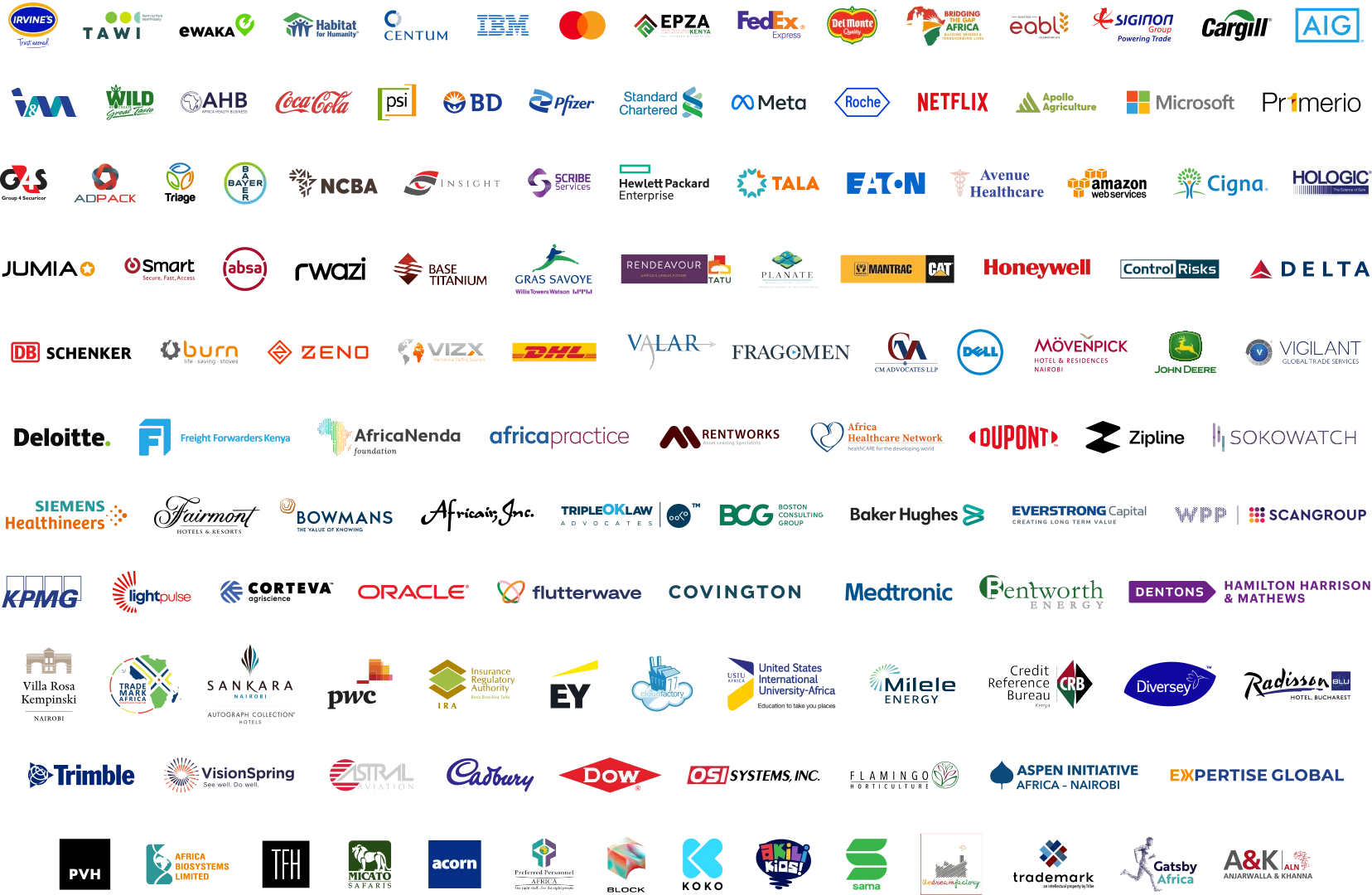This article is taken directly from the source cited
Published April 12, 2022
By Constant Munda
Kenya plans to double tax on foreign tech giants like Amazon, Netflix, Twitter and PayPal which use the internet to market and sell products, a signal that Nairobi is hardening its stance against the US-backed global minimum rate on multinationals.
The Treasury has proposed to increase digital service tax (DST) to three percent of the gross value of online transactions in the financial year starting July from the current 1.5 percent through the Finance Bill 2022.
The Kenya Revenue Authority (KRA) has identified foreign firms, which derive income in Kenya through digital marketplaces — selling exclusively online or providing platforms for such deals — as a major driver of tax receipts in a highly digitalising global economy.
“The Third Schedule to the Income Tax Act is amended… by deleting the expression ‘one-point-five percent’ appearing in paragraph 12 (digital service tax rate) and substituting therefor the expression ‘three percent’,” Treasury Cabinet secretary Ukur Yatani wrote in the Finance Bill 2022.
Under the current 1.5 percent tax, the KRA had targeted Sh13.9 billion in three years through ending June 2024, projecting gross revenue to be generated by foreign firms in Kenya’s digital marketplace at about Sh926 billion.
The forecast for digital service tax (DST) collections comprises Sh3.4 billion this fiscal year ending in June, Sh5.0 billion next financial year and Sh5.5 billion in the one that ends in June 2024.
The tax is levied on the sale of e-books, movies, music, games and other digital content and applies to foreign companies.
“The exchequer is trying to ensure they get a fair share of the pie because half of the business went online during Covid hence the plan is to increase DST to capture that business that has gone online,” said Philip Muema, a partner at tax and business advisory firm Andersen Kenya, on phone.
Kenya — alongside Nigeria, Pakistan and Sri Lanka — withheld its vote on US-fronted global minimum corporate tax at the rate of 15 percent under the Paris-based Organisation for Economic Cooperation and Development (OECD).
Kenya’s reluctance to sign the OECD deal is on the ground that the pact has clauses that will force it to drop the digital services tax, which it first introduced in January 2021.
The KRA initially targeted a share of the revenue made by the resident and non-resident firms which sell products over the Internet but amended in the Finance Act 2021 to apply to non-resident firms effective July 1, 2021.
“Members who join the statement are obliged to withdraw their unilateral measures such as digital services tax and similar measures imposed on non-resident companies which do not have a physical presence in the market jurisdiction,” Terra Saidimu, KRA Commissioner for Intelligence and Strategic Operations, said last October.
Source: The Business Daily







